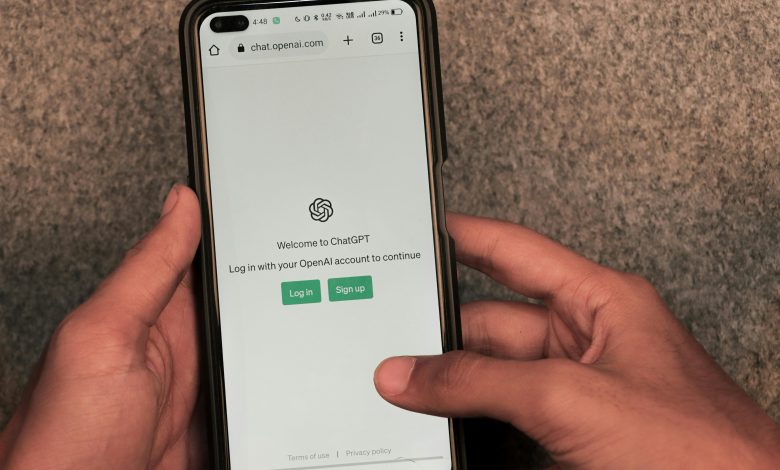When to Open a Checking Account

When to Open a Checking Account: A Guide for Every Stage of Life
Opening a checking account is a fundamental step in managing your finances. Whether you’re a teenager learning the basics of money management, a college student juggling expenses, or an adult looking to streamline your budget, knowing when to open a checking account can set you up for financial success. Here’s a guide to help you determine the right time and reasons to open one.
1. When You Get Your First Job
Your first paycheck is a milestone, and having a checking account allows you to deposit it securely. Employers often prefer direct deposit, which requires an account. A checking account also enables you to track your earnings, build financial habits, and access your money conveniently.
Tip: Look for accounts designed for young people or beginners that offer low or no fees.
2. Starting College or Moving Out
Transitioning to college or living independently is another ideal time. With tuition payments, rent, and everyday expenses, a checking account helps keep your finances organized. Many banks offer student-friendly accounts with perks like free ATM usage and waived fees.
Pro Tip: Choose an account with a wide ATM network near your school or home to avoid unnecessary withdrawal fees.
3. When You’re Managing Shared Expenses
If you’re sharing expenses with roommates, a partner, or friends, a checking account can simplify splitting bills. Direct transfers make it easy to pay for utilities, rent, or shared groceries without needing cash.
Suggestion: Opt for a bank that supports user-friendly mobile apps for quick transfers and budget tracking.
4. Starting a Family or Combining Finances
As life gets more complex, so do your financial needs. Opening a joint checking account with your spouse or partner can help manage shared household expenses. This is particularly useful when budgeting for recurring costs like mortgage payments, childcare, or savings goals.
Consideration: Discuss spending habits and expectations before opening a joint account to avoid misunderstandings.
5. When You’re Ready to Manage Bills and Automate Payments
Opening a checking account becomes essential when you start paying regular bills, such as utilities, insurance, or subscriptions. Many banks offer automated payment options, helping you avoid late fees and stay on top of your financial obligations.
Pro Tip: Choose an account with no or low overdraft fees, especially if your budget is tight.
6. When You Want Easy Access to Funds
Checking accounts are designed for everyday transactions. If you’re tired of handling cash or need a safer way to access your money, a checking account is a smart solution. It allows you to make purchases with a debit card, write checks, or use digital payment platforms linked to your account.
What to Look For in a Checking Account
Before opening a checking account, consider the following:
- Fees: Look for accounts with minimal or no monthly maintenance fees.
- ATM Access: Ensure the bank has a robust ATM network.
- Digital Tools: A good mobile app for transfers, deposits, and monitoring balances is a must.
- Interest Rates: While rare, some checking accounts offer interest on balances.
- Customer Support: Choose a bank with reliable customer service.

